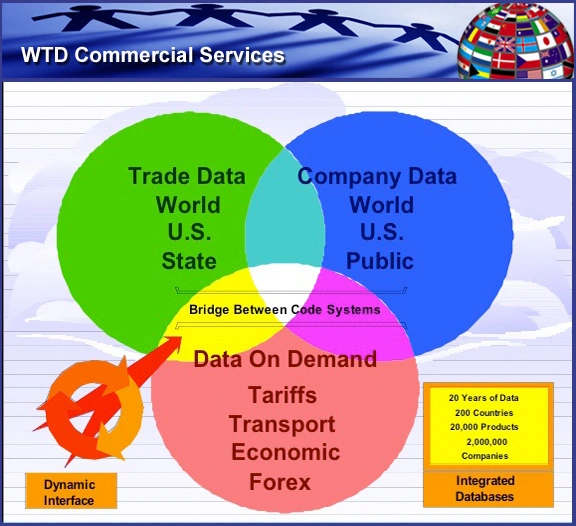From International Trade: China-U.S. Trade Issues. U.S.-China economic ties have expanded substantially over the past three decades. Total U.S.- China trade rose from $2 billion in 1979 to $457 billion in 2010. China is currently the second largest U.S. trading partner, its third-largest export market, and its biggest source of imports. Because U.S. imports from China have risen much more rapidly than U.S. exports to China, the U.S. merchandise trade deficit has surged, rising from $10 billion in 1990 to $273 billion in 2010. There are a lot of implications and opinions about our relationship with China. Whatever your viewpoint, bottom-line is – you gotta deal with it. The following author suggests one approach:
From Silk Road International Blog: Just Suck it up and Learn Chinese! One of the things that all of these VERY different but successful American entrepreneurs in China have in common is that they all speak Chinese and understand Chinese culture. This is a very interesting article that has many references and reasons for making the attempt. Personally, I’m a dunce at languages but invested 5 years laboring over Chinese anyway. By and large, living in America, the only pay-offs have been surprised looks when ordering Chinese food. Notwithstanding, I think it is one of the best ways to demonstrate respect to the people and the culture. I think this attitude has paid some long-term benefits in my business dealings in China.
Peter Zapf, from Global Sources, turned me on to the Silk Road Intl. Blog. It’s really good. They also list over a dozen other China related blogs on their site that may be of interest. A couple other articles I picked out from their recent posts include:
- When your supplier is not arguing to “win”. One of the things that I’ve learned (through painful experience) while working in China over the years is that Chinese and Westerners (Americans at least) don’t argue for the same reasons or in the same ways. A good, well written article that I relate to as well.
- Corruption and the Price of Coffee in China. There are two different kinds of corruption in China: Institutional and Systemic. Several areas addressed are: govt. corruption/cost of bribes, cost of goods/extras, lack of consistent quality and employee dishonesty/finances.
- It’s just a little bit more, they can afford it, right? Issues of pricing inequities are discussed. “Foreigners are rich, so of course they should pay a little more.” “Chinese are poor and have been oppressed by the West for 100 years.”


 27/08/2011
27/08/2011 
























































































































































































































































































































































Comments are closed.